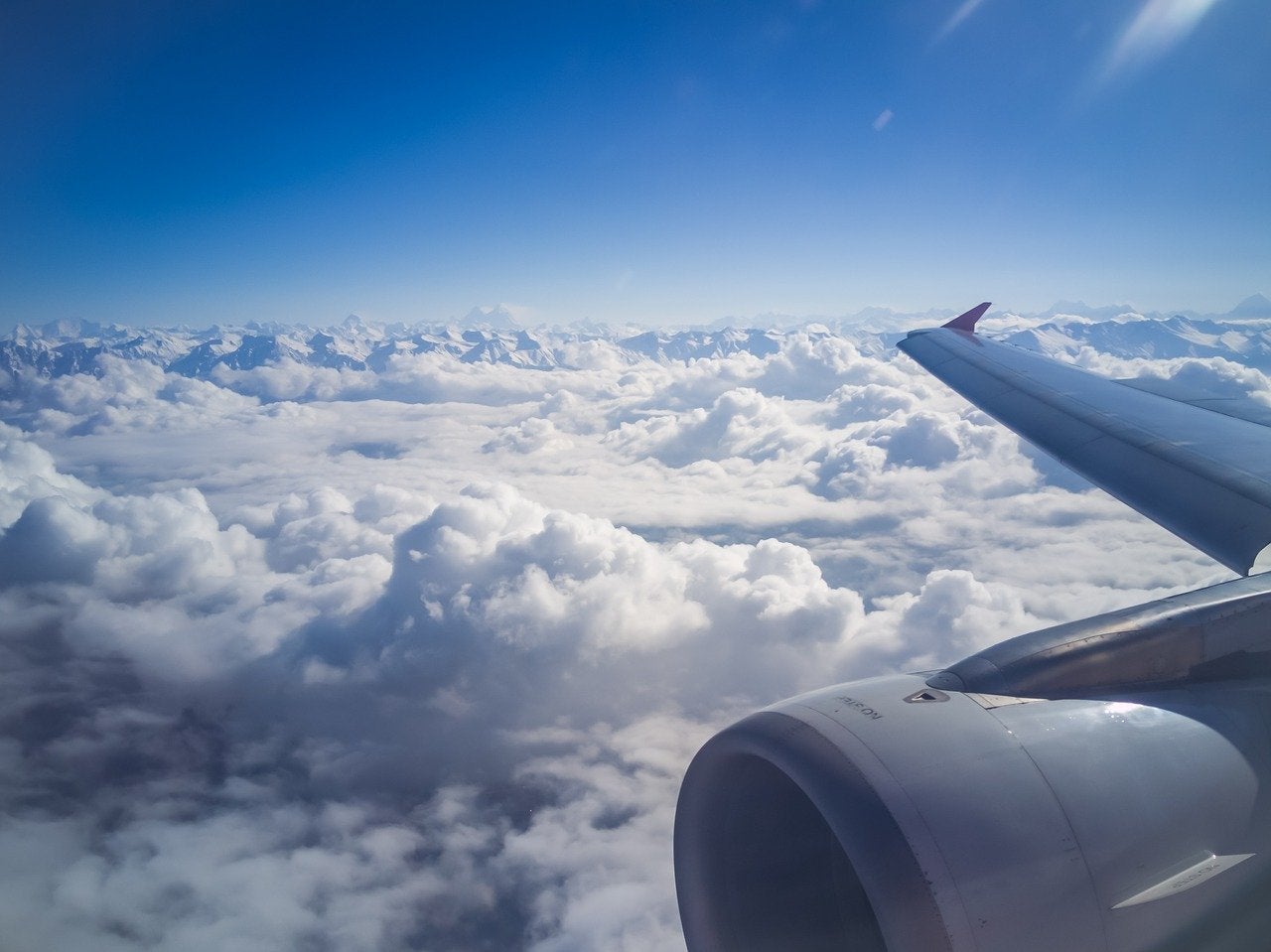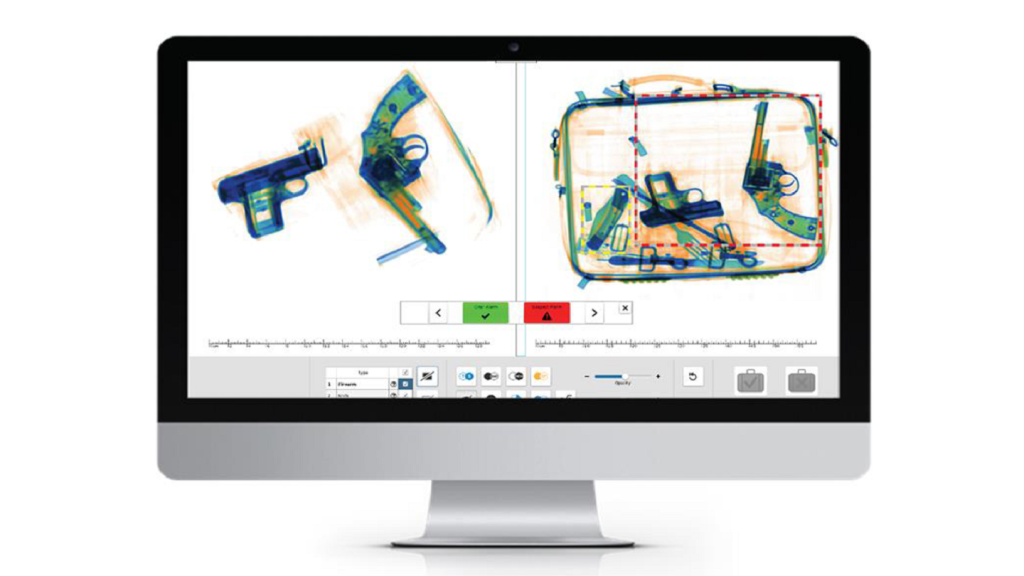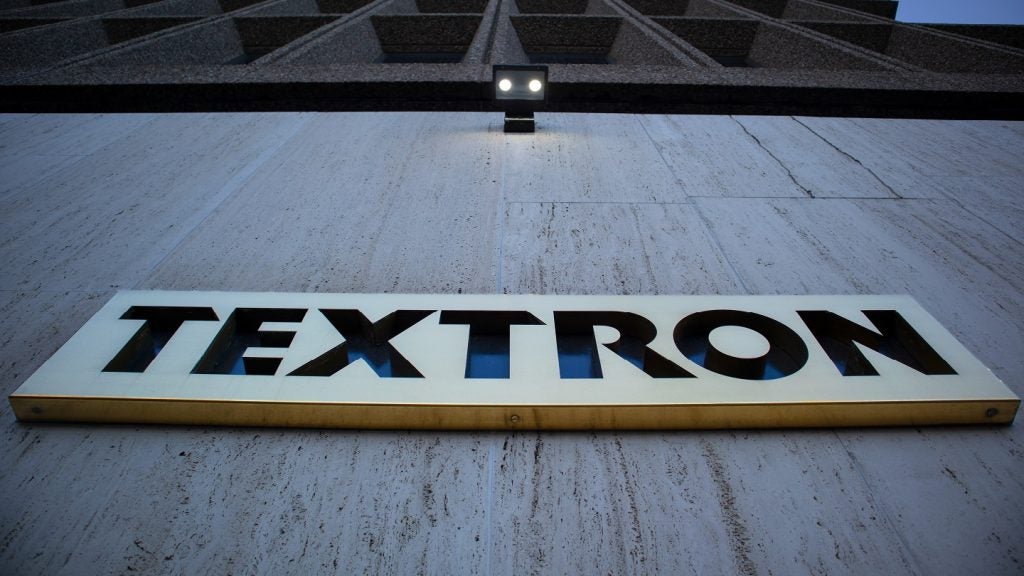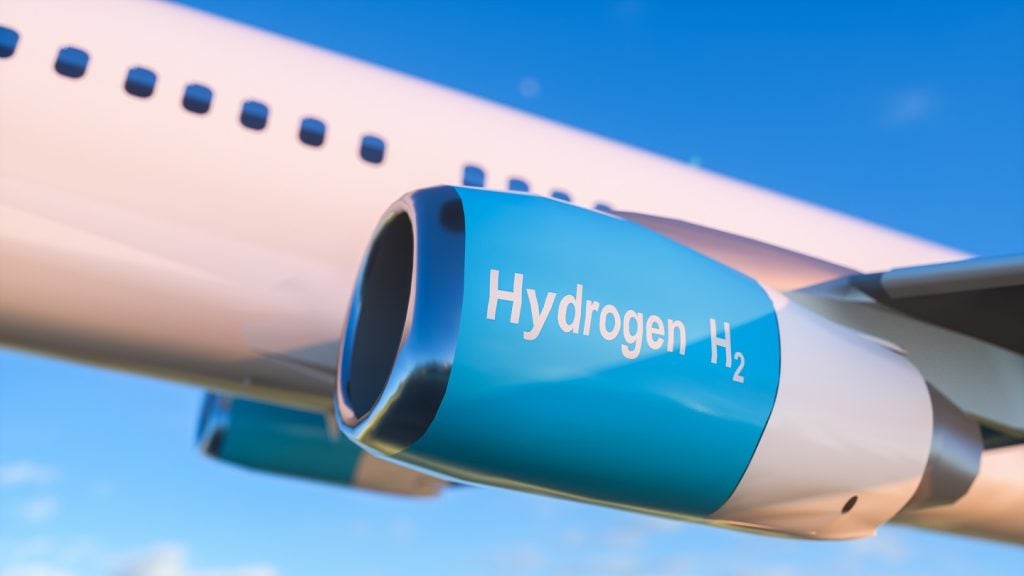
The UK Government announced today its transport decarbonisation plan, a blueprint to reduce the transport sector’s CO2 emissions to net-zero.
The plan – which will include all transport modes but particularly road, rail and aviation – will see railway and aviation hit the net-zero target by 2050 and 2040 respectively.
“The transport decarbonisation plan is just the start – we will need continued efforts and collaboration to deliver its ambitious commitments, which will ultimately create sustainable economic growth through healthier communities as we build back greener,” said Transport Secretary Grant Shapps.
Among the initiatives launched as part of the plan, the government is announcing the Jet Zero consultation, where the aviation sector will commit to reducing greenhouse gas (GHG) emissions by 2050 by reaching net-zero on UK domestic flights and airport operations in England by 2040.
For rail, Shapps outlined how the government will support a programme an electrification programme as well as the development of battery and hydrogen trains.
The plan was met by mixed reactions from environmental and industry stakeholders, with some praising its ambition and others saying it is not realistic.
How well do you really know your competitors?
Access the most comprehensive Company Profiles on the market, powered by GlobalData. Save hours of research. Gain competitive edge.

Thank you!
Your download email will arrive shortly
Not ready to buy yet? Download a free sample
We are confident about the unique quality of our Company Profiles. However, we want you to make the most beneficial decision for your business, so we offer a free sample that you can download by submitting the below form
By GlobalData
“Firms have a huge role to play in the transition to a greener transport system” – Confederation of British Industry (CBI)
According to CBI UK policy director Matthew Fell, businesses will play their part in the decarbonisation plan’s success as net-zero transition will happen by buying green fleets, supporting green commutes and making environmentally friendly decisions.
Fell also called for the quick development of green fuels. “Phase-out dates for polluting vehicles across road, rail and aerospace will send an important signal to markets and investors,” he said in a press statement.
“These must be backed up with credible plans to accelerate the development of clean technologies like hydrogen and Sustainable Aviation Fuels (SAF), as well as a comprehensive plan for rolling out charging infrastructure for electric vehicles.”
“I welcome the leadership from government in committing to a target of net-zero emissions from aviation by 2050” – Jet Zero Council
Heathrow COO and Jet Zero Council CEO Emma Gilthorpe welcomed the news stating that the aviation industry is looking “forward to working with government to translate this ambition to action and deliver a future where people can continue to enjoy the benefits of air travel – without worrying about their impact on the environment.”
The Jet Zero Council is a partnership between aviation stakeholders and the UK Government to deliver net-zero transatlantic flights through the use of new technologies. The council recently received £3m in government funding to launch the Zero Emission Flight Infrastructure competition, which will fund research for hydrogen and electric aircraft.
“With aviation, getting to net-zero through technological advances alone is a very big bet on very long odds” – Greenpeace UK
Greenpeace UK chief scientist Dr Doug Parr believes there needs to be an alternative to offsetting if technological advancements don’t allow aviation to reach net-zero by 2040.
“Unless we’re very lucky, we’ll need some demand constraint, and it would be foolish of the government not to be planning that now,” he tells Airport Technology. “A frequent flier levy has been shown to be easily understood and a fair mechanism for containing unsustainable demand, [as] it also has the big advantage of being available to implement now.”
“There is no realistic strategy to tackle the vast majority of emissions from international flight” – Transport & Environment
Matt Finch, UK policy manager at campaign group Transport & Environment, says that net-zero domestic flights by 2040 and the use of SAF are a step in the right direction, but it’s not enough. The plan is considered unrealistic, as it only relies on offsetting and the ICAO Corsia framework, which aims to offset any surplus emissions caused by aviation.
“This is not a pathway to net-zero aviation and fails to level with the industry that future growth above pre-pandemic levels is incompatible with climate goals, or with passengers that flying must be an occasional luxury,” he adds. “On aviation, the plan is a missed opportunity.”
“These decarbonisation ambitions mean that railway can plan to invest in skills and capability” – Railway Industry Association (RIA)
“It is heartening to see the government recognise the role that rail freight can play in cutting emissions, extending to freight the commitment to remove all diesel-only trains from the network by 2040,” said RIA chief executive Darren Caplan to welcome the plan.
Caplan also praised the government’s decision to act swiftly when it comes to the electrification of the railway system.
“With only 38% of the UK’s railway network currently electrified, compared to a target of electrifying the majority of the network as set out in the transport decarbonisation and Williams-Shapps plans, we cannot afford to delay work any longer,” he added. “Every tonne of carbon which we start to save now will be almost 30 tonnes saved by 2050, supporting thousands of green jobs for the future.
“Rail suppliers await the details of which schemes will be given the green light and look forward to supporting a rolling programme of electrification.”
“The government should take a ‘polluter pays’ approach – Rail Delivery Group
According to Rail Delivery Group director general Andy Bagnall, to make it easier for people to transition to greener modes of transportation, the government should use a polluter-pays approach when considering taxation such as air passenger duty.
“[The government should] reform the rail fares system to encourage more passengers back by making it simpler to use and easier to get a good deal,” Bagnall explained. “Taking the train is already one of the greenest ways for people and goods to move around the country and rail companies are eager to work with government to make it even greener.
“Taking the train is already one of the greenest ways for people and goods to move around the country and rail companies are eager to work with government to make it even greener.”







